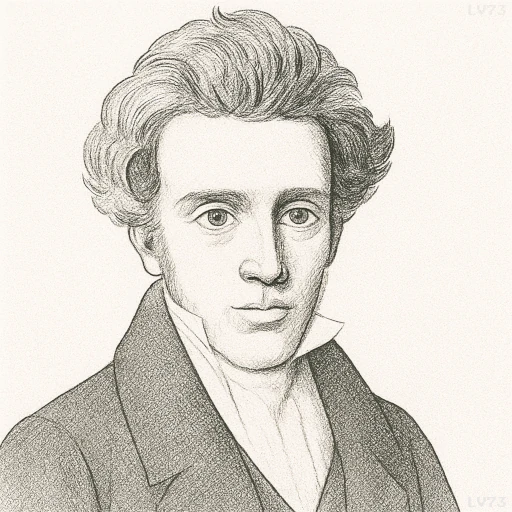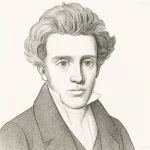“Love is all, it gives all, and it takes all.”

- May 5, 1813 – November 11, 1855
- Danish
- Philosopher, Theologian, Poet, Father of Existentialism
table of contents
Quote
“Love is all, it gives all, and it takes all.”
Explanation
This quote expresses Kierkegaard’s profound understanding of love as both total and transformative. Love is not partial or conditional—it demands the whole self, just as it offers itself entirely. It gives all, in that true love pours itself out without reservation; and it takes all, in that it calls the beloved to surrender pride, self-interest, or detachment. In this way, love is all-consuming yet redemptive.
Kierkegaard often wrote of love in both human and divine terms. In Christian thought, God’s love is absolute and sacrificial, and humans are called to love with that same kind of intensity. This quote mirrors biblical themes—especially the idea that love is the greatest commandment and that it involves self-emptying (kenosis). It also reflects Kierkegaard’s belief that love is not a feeling, but an ethical and spiritual act, involving risk, vulnerability, and devotion.
In modern relationships, the quote remains deeply resonant. Genuine love—whether romantic, parental, or spiritual—demands emotional and moral investment. It often brings joy, but also grief and sacrifice. For example, a parent may give everything to a child, but in doing so also surrenders control, independence, and sometimes peace of mind. Kierkegaard’s point is clear: to truly love is to risk everything, because love does not calculate—it commits entirely.
Would you like to share your impressions or related stories about this quote in the comments section?
